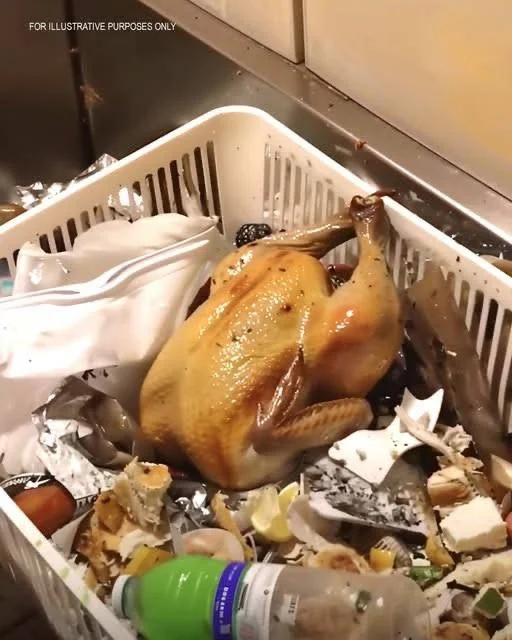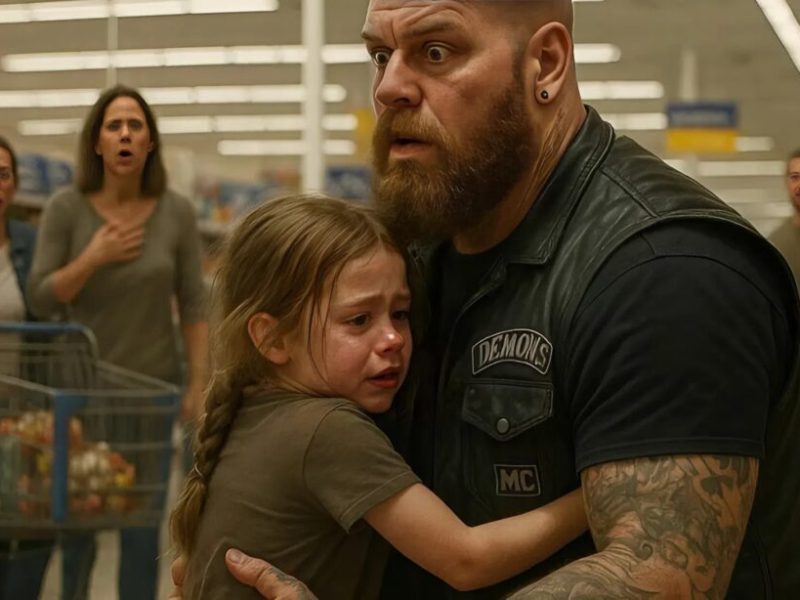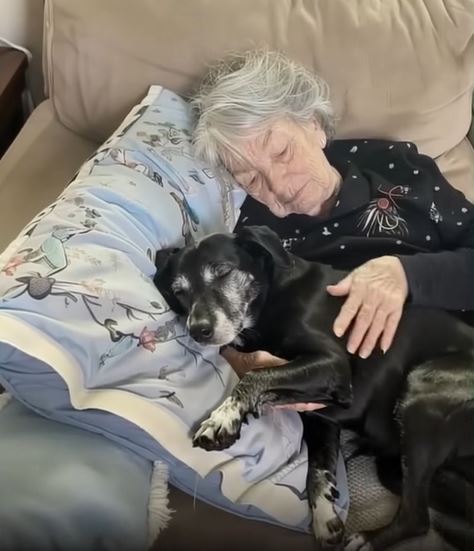I wanted that night to be special. Not because I needed to prove anything, but because I missed feeling connected to Neil. So I made a roast chicken with orzo—the kind of warm, comforting food that fills a house with hope.
I bought everything fresh: plump chicken, bright lemons, fragrant herbs wrapped in paper. I took my time, chopping, marinating, rubbing olive oil into the skin. I set the table with our good dishes, lit candles, and turned down the lights. The kitchen smelled like care, like love made real.
When Neil walked in, I was lighting the last candle. I waited for a smile, a “This looks amazing.” Instead, I heard the trash can open.
I turned and saw him pulling the chicken from the oven and dropping it into the garbage.
“What are you doing?” I asked, stunned.
“It was out too long,” he said, wiping his hands. “You’ll thank me later.”
Then he walked away, sat on the couch, and turned on the TV like it was just another night.
I stood in the kitchen, staring into the trash. The chicken was golden, perfect, covered in rosemary. It looked like something someone had cared about.
I followed him, my voice shaking. “You just threw away dinner. I spent all day on it.”
He sighed like I was being difficult. “You left it out for twelve minutes. The rule is ten. I timed it. I saved you from food poisoning.”
I didn’t argue. I didn’t cry. I just went to the kitchen, ordered a pizza, and sat down.
The next morning, I filed for divorce.
No yelling. No drama. Just me, a cold slice of pizza, and a quiet decision typed into my laptop.
Neil didn’t get it. Later, he’d tell people we broke up “over a chicken,” laughing like I was crazy. But it wasn’t about the chicken.
It was about the way he always had to be right. The way he rewrote my work emails, criticized my tone, and made me feel too much, too loud, too wrong .
It was about the invisible rules—ten minutes for chicken, twenty minutes for leftovers, the right way to fold towels, the right way to speak. He didn’t just correct me. He reshaped me, piece by piece, until I forgot what I even liked.
After the divorce, I had to relearn how to exist. I’d stand at the counter eating, afraid to sit. I’d flinch when I made a mistake, expecting the sigh, the correction, the cold look.
It took months to stop waiting for the judgment that never came.
Then I met Theo.
He taught history, wore glasses with wire frames, and hated cucumbers. One night, I pulled a chicken out of a grocery bag—it had been in the car for hours.
“How long’s it been out?” he asked.
“Six hours,” I said, bracing for the lecture.
He laughed, tossed it in the trash, and kissed my forehead. “Guess we’re having tacos.”
I laughed too—hard and sudden. In that moment, I felt something shift. Like ice cracking inside me.
People think divorce happens after a fight or a betrayal. But sometimes, it happens when you realize you’ve been living in a cage you didn’t see.
That chicken wasn’t the cause. It was the symbol of everything—control, coldness, the slow erasure of who I was.
And when I clicked “submit” on those divorce papers, I wasn’t leaving a man.
I was coming home to myself.


